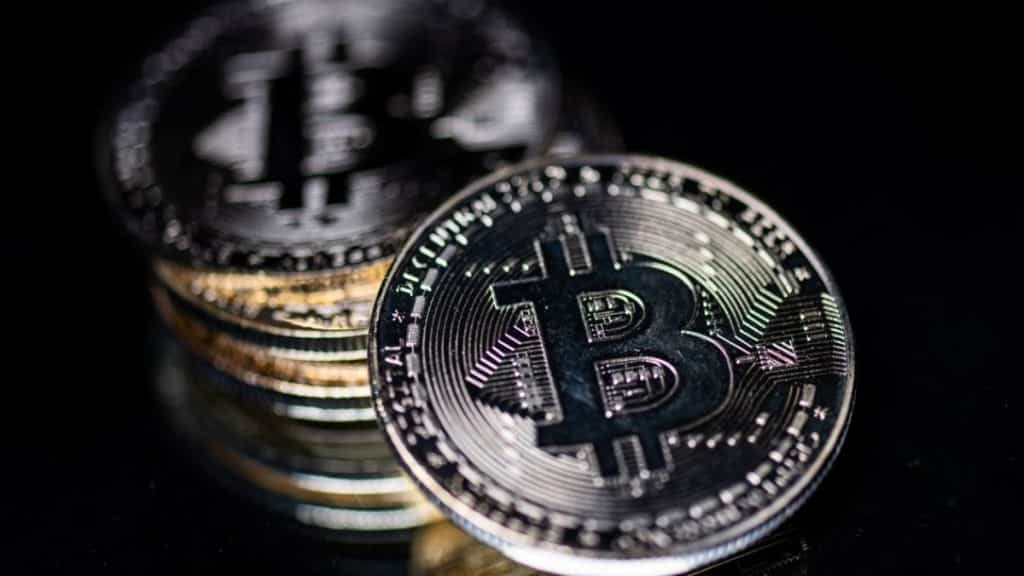Today the increase in cryptocurrencies and tokens used for financial exchange is increasingly evident. Recently the world has been preparing to protect these digital assets more seriously.
Bitcoin Requires Rules and Legal Bases
Many countries are already adopting new regulations in legislative matters that allow avoiding a negative effect with crypto, on the fight against money laundering.
Faced with the different regulatory scenarios that may arise, a new approach, rules, and institutions that mitigate the illicit use of cryptocurrencies already consolidated in criminal activities becomes imminent, facilitating their interaction with the legal system, without harming innovation with excessive regulation.
The possibility of investing in cryptocurrencies will depend on the risk that the user is willing to assume.
Many are investing in them looking for high money returns, with the desire to treasure their assets and promote their profitability. Especially knowing how Bitcoin grown over the years.
Characteristics that Affect Cryptocurrencies
The volatility with which they operate is one of the great reasons that it is costing the common citizen to adopt them. If this we add the non-existence of an official issuing entity, which means that many entities in the commercial sector do not accept this means of payment.
With the passage of time, the number of cryptocurrencies that appear in the digital market is increasing, as well as the increase in confidence on the part of users and large companies worldwide.
This in some way worries the traditional economic system, which governs the world’s finances, since this innovative proposal led by bitcoin and the blockchain is positioning itself with a better expectation inclusive without been legalized
What Constitutes Global Regulation, According to the IMF?
It would be convenient to provide a level playing field in the entire spectrum of activities and risks and in the same way that the regulations can contain at least some important aspects such as,
Crypto asset check earners offering critical functions must be certified or legal. These would include storage, transfer, liquidation, and custody of reserves and assets, among others,
Crypto and Bitcoin has been the object of great attention due to the exaggerated fluctuations in their prices, but they are also a matter of concern for the regulatory authorities.
Although cryptocurrencies are frequently believed to operate outside the reach international regulation, in reality, their assessments, operation volumes, and user react strongly to news of initiatives from regulatory authorities.
The world has changed by leaps and bounds, Bitcoin and cryptocurrencies are here to stay, they are the new means of payment that circulates the world, and although they are virtual, this does not mean that they are currencies such as the US dollar, the euro.
Experts declared that being a reserve currency in the country, adopt it. When we talk about money we have to talk about the financial market, which is where they occur and their financial transactions, but concerning cryptocurrencies, various voices have labeled them as opaque assets with high volatility and high risk.
Global Legation Plays an Essential role in Cryptocurrencies Trust
Even though they have existed for more than a decade, the acceptance of cryptocurrencies as a means of payment is still limited. There is no obligation to accept them in a transaction.
Currently, regulation is being negotiated in Europe that aims to establish a regulatory framework for the crypto-assets and service providers on these. The initiative is laudable, as it is suspected that cyber currencies may facilitate illegal practices such as money laundering.
However, regulation on a larger scale is urgently needed in this matter, since the different actors involved in the issuance, custody, and commercialization of crypto assets are not located in Europe.
Conclusion
Although a norm or law that regulates and controls the operations carried out with cryptocurrencies through its blockchain platform or as a payment method is not known for sure, this type of digital currency circulates worldwide, leaving its mark.
At the beginning of its creation, nobody believed in a digital economic model that offered a market of digital assets different in form from the traditional financial market.
From there, a series of opinions and arguments against it begin to be generated because it represents a scenario where inflation and fiduciary currencies and banking institutions could go into the background, giving a withering blow to the generation of coins. To combat global inflation.

